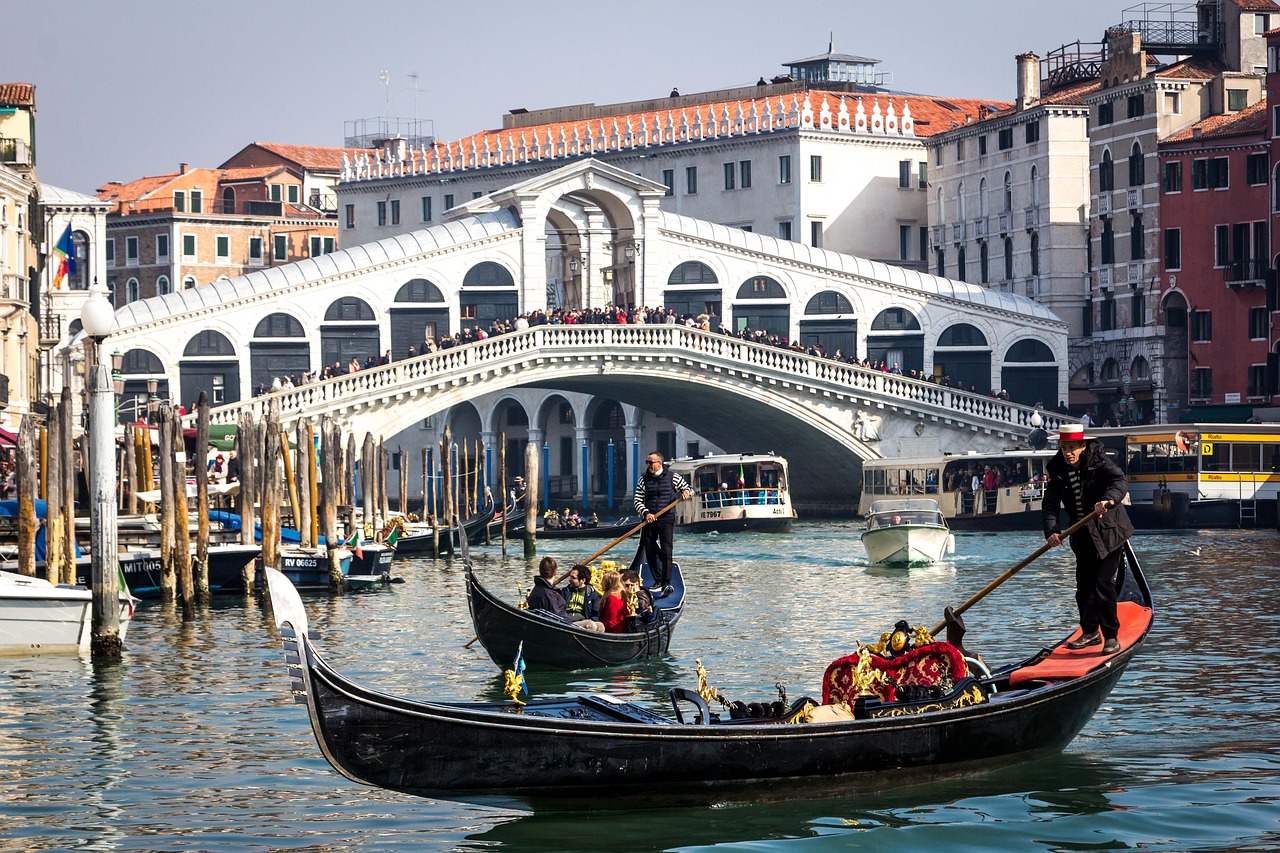Determining the best time to travel largely depends on your destination and personal preferences. Different seasons offer unique experiences and weather conditions, so it’s important to consider factors such as climate, crowd levels, and specific events or activities you want to engage in during your trip. Here are a few guidelines to help you determine the best time to go travel:
- Weather and Climate: Consider the weather conditions at your destination during different seasons. Are you more comfortable with warmer temperatures or do you prefer cooler climates? Research the average temperatures, rainfall, and humidity levels for each season to determine the most suitable time for your preferred activities. For example, if you’re planning a beach vacation, you might want to avoid the rainy season.
- Peak and Off-Peak Seasons: Take into account the popularity of your destination during specific times of the year. Peak seasons often mean higher prices, larger crowds, and longer wait times at attractions. If you prefer quieter surroundings and more affordable options, consider traveling during the shoulder or off-peak seasons. However, keep in mind that certain destinations may have attractions or activities that are only available during specific times of the year.
- Special Events and Festivals: Check if there are any major events, festivals, or cultural celebrations happening at your destination during your travel dates. Participating in local festivities can add a unique and memorable dimension to your trip. However, be aware that popular events can attract larger crowds and may require advance planning and booking.
- Budget Considerations: Your travel budget may influence the timing of your trip. Prices for flights, accommodation, and attractions can vary significantly depending on the season. Traveling during off-peak seasons or shoulder periods often offers more affordable options and deals.
- Personal Preferences: Consider your personal preferences and the type of experience you want to have. Do you enjoy vibrant, bustling cities or prefer quieter, more relaxed surroundings? Are you interested in outdoor activities or cultural experiences? Tailor your travel plans to align with your interests and preferred atmosphere.
- Research and Consultation: Thoroughly research your destination, including its climate, tourist seasons, and local events. Travel guides, online resources, and forums can provide valuable insights from other travelers. Additionally, consider consulting with travel agents or locals who can offer personalized recommendations based on your preferences.
Remember, there is no universally “best” time to travel as it largely depends on your individual preferences and the destination you choose. By considering weather conditions, peak seasons, special events, budget, and personal interests, you can determine the optimal time to embark on your next adventure.
